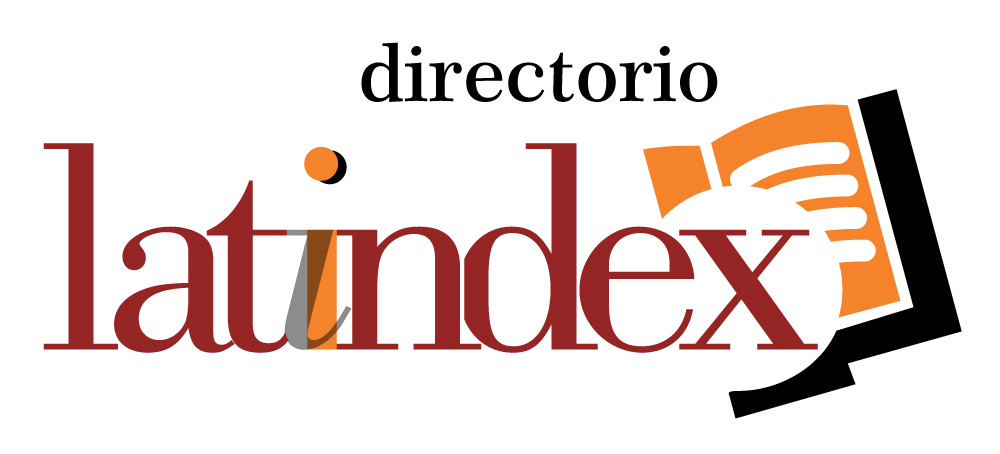Movilización social y democracia en el mundo árabe
Resumen
La Primavera Árabe produjo un nuevo escenario político en el que partidos tradicionales se mezclaron con nuevas asociaciones para luchar por el derrocamiento de los regímenes que tradicionalmente gobernaron los países árabes. Las elecciones celebradas democráticamente en Túnez y Egipto, dieron la victoria a grupos islámicos conservadores, considerados a menudo incapaces de respetar valores democráticos, al menos desde la perspectiva occidental. Aumenta la preocupación, tanto en Oriente Medio como en Occidente, por saber cómo harán estos partidos que defi enden la ley islámica para alcanzar la justicia y el progreso económico sin sacrifi car derechos y libertades individuales en nombre de Dios.
Abstract
The phenomenon called Arab Spring produced a new political scenario where traditional parties mixed with new associations and fought together to expel the ancient regimes of Arab countries. Democratically held elections in Tunisia and Egypt ended up with victory on the side of conservative Islamic groups, often regarded unable to uphold democratic values, at least from a Western perspective. Th ere is growing concern in the Middle East region but also in the West, about how parties clinging to Sharia law will achieve justice and economic progress without sacrifi cing individual freedom and rights in the name of God.
Palabras clave
Texto completo:
PDFReferencias
Arsenault, Amelia; Castells, Manuel (2008). Th e Structure and Dynamics of Global Multi-Media Business Networks. International Journal of Communication, Vol. 2, pp. 707–748.
Balaguer, Roberto (2012). La nueva matriz cultural. Montevideo: Pearson Education.
Ben Jelloun, Tahar (2011). A fuego vivo. Madrid: Alianza Editorial.
Castells, Manuel (2010). Globalisation, Networking, Urbanisation: Reflections on the Spatial Dynamics of the Information Age. Urban Studies, Vol. 47, No.
, november 2010, pp. 2737–2745.
_____. (2008). Comunicación, poder y contrapoder en la sociedad red. Los medios y la política. Telos, No. 74, enero-marzo.
_____. (2005). La era de la información, economía, sociedad y cultura. La sociedad red (vol.1) Madrid: Alianza Editorial.
_____. (2003). La era de la información, economía, sociedad y cultura. El poder de la identidad. (vol. 2) Madrid: Alianza Editorial.
Conde, Gilberto (2012). Los movimientos populares árabes de 2011 y su significado histórico, en Delmonte Luis Mesa (coord.), pp. 33-45.
Delmonte, Luis Mesa (2012). El pueblo quiere que caiga el régimen. Protestas sociales y confl ictos en África del norte y en Medio Oriente. México: El Colegio de México.
Lope, Jaime Isla (2012). La infl uencia de las condiciones estructurales en los movimientos populares en el mundo árabe en Delmonte Luis Mesa (coord.), pp. 47-65.
Sartori, Giovanni (1998). Hommo Videns. La sociedad teledirigida. Madrid: Santillana-Taurus.
Petras, James (2011). The Arab Revolt and the imperialist counterattack. S/l. Diana G. Coller.
Van Dam, Nikolaos (2011). Th e Struggle for Power in Syria: Politics and Society under Assad and the Ba’th Party. New York: I. B. Tauris.
VV.AA. (2011). Council of Foreign Relations. The New Arab Revolt. USA. Foreign Affairs.
List of websites:
http://arabsthink.com/
www.asharq-e.com/
www.ahram.org.eg
www.realinstitutoelcano.org/.../CrisisMundoArabe/NotasObservatorio
http://www.stratfor.com/geopolitical-weekly
http://www.cidob.org/en/publications/dossiers/levantamientos_populares_en_el_mundo_arabe_2011/las_revueltas_en_siria
http://www.nytimes.com/2012/06/24/world/africa/libya-jihadis-offer-2-pathsdemocracy-or-militancy.html?_r=1&pagewanted=all
http://noticias.universia.net.co/en-portada/noticia/2012/05/17/932356/sucedidoarabes-no-es-revolucion-sino-revueltas.html
http://www.monde-diplomatique.es/?url=articulo/0000856412872168186811102294251000/?articulo=3b663e1b-5621-4784-b124-72d5fc1e3750
http://www.whitehouse.gov/the-press-office/2011/08/18/statement-president-obamasituation-
syria
http://www.economist.com/node/21557339
http://www.defenddemocracy.org/issues/arab-revolts/
http://topics.nytimes.com/top/news/international/countriesandterritories/syria/index.html
http://thelede.blogs.nytimes.com/2012/07/27/for-the-united-states-arab-spring-raisesquestion-of-values-versus-interests/
http://mexico.cnn.com/tecnologia/2011/02/21/facebook-fue-la-chispa-del-cambioen-egipto
http://mexico.cnn.com/videos/2011/02/24/protestas-en-libia-gadhafi -culpa-a-al-qaeda
http://mexico.cnn.com/tecnologia/2010/10/14/17-millones-de-mexicanos-abrieroncuenta-en-facebook-en-agosto
http://mexico.cnn.com/tecnologia/2011/02/02/el-acceso-a-internet-y-a-redes-celularesregresa-en-partes-de-egipto
http://www.washingtonpost.com/opinions/charles-krauthammer-the-islamistascendancy/2012/07/12/gJQArj9PgW_story.html
http://www.washingtonpost.com/charles-krauthammer/2011/02/24/ADJkW7B_page.html
http://www.ultimas-noticias.eu/internet-y-tecnologia/64512-las-redes-sociales-en-elmundo-arabe--infografia
http://www.webislam.com/articulos/29498-las_mujeres_arabes_como_bloggers.html
http://www.exitoexportador.com/facebook.htm#q-z
http://www.exitoexportador.com/facebook.htm
http://www.exitoexportador.com/mediorient.htm
http://www.stratfor.com/weekly/20110815-re-examining-arab-spring
| DOI: https://doi.org/10.53766/HumSur |
| |||||||||||






